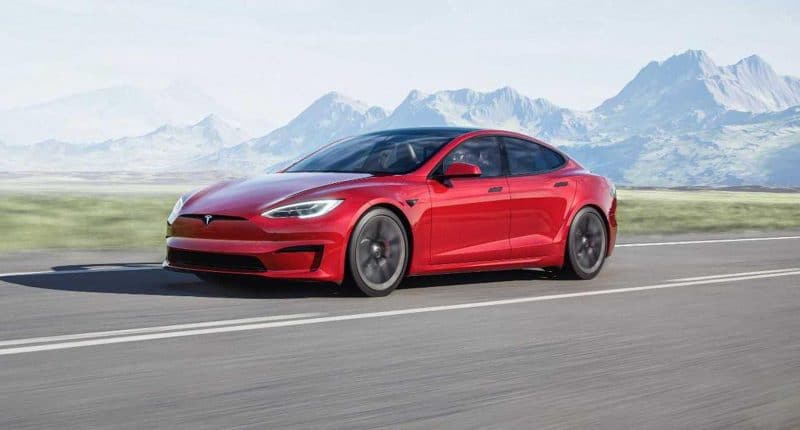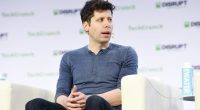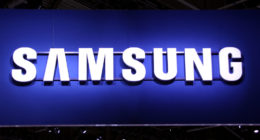Tesla has been known for its bold and unconventional approach to the automotive industry. From cutting-edge technology to its passionate community of enthusiasts, the company has thrived without resorting to traditional advertising. However, in a surprising turn of events, Tesla’s CEO Elon Musk recently hinted at the possibility of breaking their advertising hiatus.
Speaking at an annual shareholder meeting at the automobile company, the Tesla CEO indicated that the EV manufacturer is exploring the possibility of entering the advertising realm. This revelation comes as a significant departure from Tesla’s long-standing approach of relying primarily on word-of-mouth marketing and refraining from traditional advertising methods.
“We’ll try a little advertising and see how it goes,” Musk said on Tuesday at the meeting in response to an investor’s question. In a subsequent interview with CNBC, he added, “It’s worth a try and we’ll see how effective it is. I only just agreed to it so it’s not a fully formed strategy.” The development comes on the heels of Musk stepping down as CEO of popular micro-blogging site Twitter (and letting Lina Yaccarino ascend to the position), and a step drop in advertising revenue at the social media company due to advertisers fleeing the platform in droves. Twitter heavily depends on advertising as its primary source of revenue. Now that Musk owns Twitter, he has seemingly discovered the importance of advertising.
“Twitter is highly dependent on advertising, so, here I am, never used advertising really before, and now have a company that’s highly dependent on advertising. So, I guess I should say advertising is awesome, everyone should do it!” Musk said at the meeting, adding that the company could benefit from advertising by shedding light on features people may not know about.
Musk’s statement during the meeting opened up a realm of possibilities for Tesla, potentially marking a new chapter in its growth strategy. The company, known for its innovative approach and disruptive presence in the automotive industry, has been able to amass a significant customer base without resorting to conventional marketing channels such as TV, radio or print ads. Musk has also been against advertising for a long time – four years ago, he tweeted that he “hates advertising” and the company uses “that money to make the product great.”
Tesla’s unique strategy has relied heavily on product quality, cutting-edge technology, and a strong community of passionate customers. By prioritizing exceptional vehicle performance and customer satisfaction, Tesla has garnered a strong reputation, resulting in organic brand awareness and an enthusiastic customer base that readily promotes the company through word-of-mouth referrals. The 20-year-old company also relied heavily on Musk, banking on his popularity and reputation for ‘interesting’ tweets for their advertising purposes.
While the details of Tesla’s potential advertising plans remain unclear, the move could provide the company with new avenues to reach a broader audience and create brand awareness in a more targeted manner. By incorporating advertising into its marketing mix, Tesla may be looking to capture the attention of potential customers who have not yet been exposed to the brand’s unique value proposition. The 20-year-old company also relied heavily on Musk, banking on his popularity and reputation for ‘interesting’ tweets for their advertising purposes.





